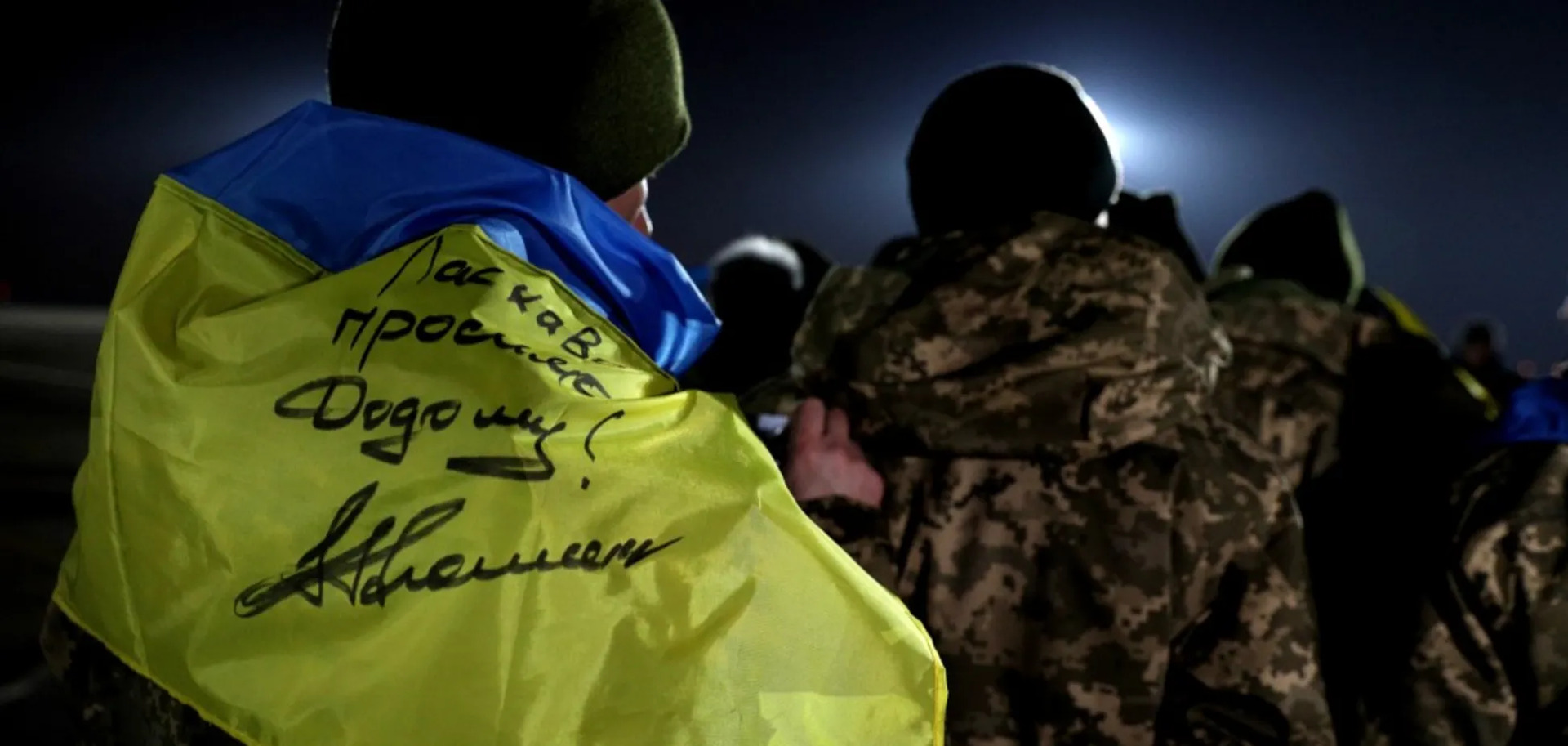The UN Human Rights Monitoring Mission in Ukraine (HRMMU) has released horrifying statistics: all 600 civilians and military personnel who were released from Russian captivity reported torture and cruel treatment.
Inhuman Conditions and Torture
In particular, former prisoners released during the exchange on May 31 shared horrific details: from severe beatings and prolonged exposure to stress positions, to electric shocks to the genitals and harassment by dogs. “Torture was applied to entire groups of prisoners,” the statement said. For example, during the so-called “reception” at a facility in Russia, military prisoners had to pass between rows of guards who beat them with police batons or electroshock devices. Many of those interviewed also mentioned constant hunger and lack of medical assistance.
Confirmation of Testimonies
The HRMMU added that these testimonies were consistent with their own observations: the physical condition of the interviewees corroborated their words. Additionally, following Russia’s full-scale invasion of Ukraine, the HRMMU interviewed 388 Russian military prisoners during regular visits to internment locations in Ukraine. About half of them also described torture and cruel treatment, especially in transit locations after evacuation from the battlefield. “Upon arrival at official internment locations, the torture ceased,” the report states.
Will the Perpetrators be Punished?
HRMMU Chair Daniel Bell emphasized, “Torture is a serious crime, unequivocally prohibited by international law, which cannot be justified under any circumstances.”
During the Peace Summit in Switzerland, Dmitry Lubinets, the Authorized Human Rights Representative of the Verkhovna Rada, stated that all those in Russian captivity are subjected to systematic torture. He confirmed at least 14,000 such cases. The General Prosecutor’s Office of Ukraine has opened over 450 criminal cases for instances of harsh treatment and torture of prisoners of war, and over 2,100 cases for torture of civilians.
These testimonies serve as a reminder that even in the 21st century, in the heart of Europe, cruelty and inhumanity remain a real threat. And until justice is achieved for every victim, the fight for human rights will continue.


